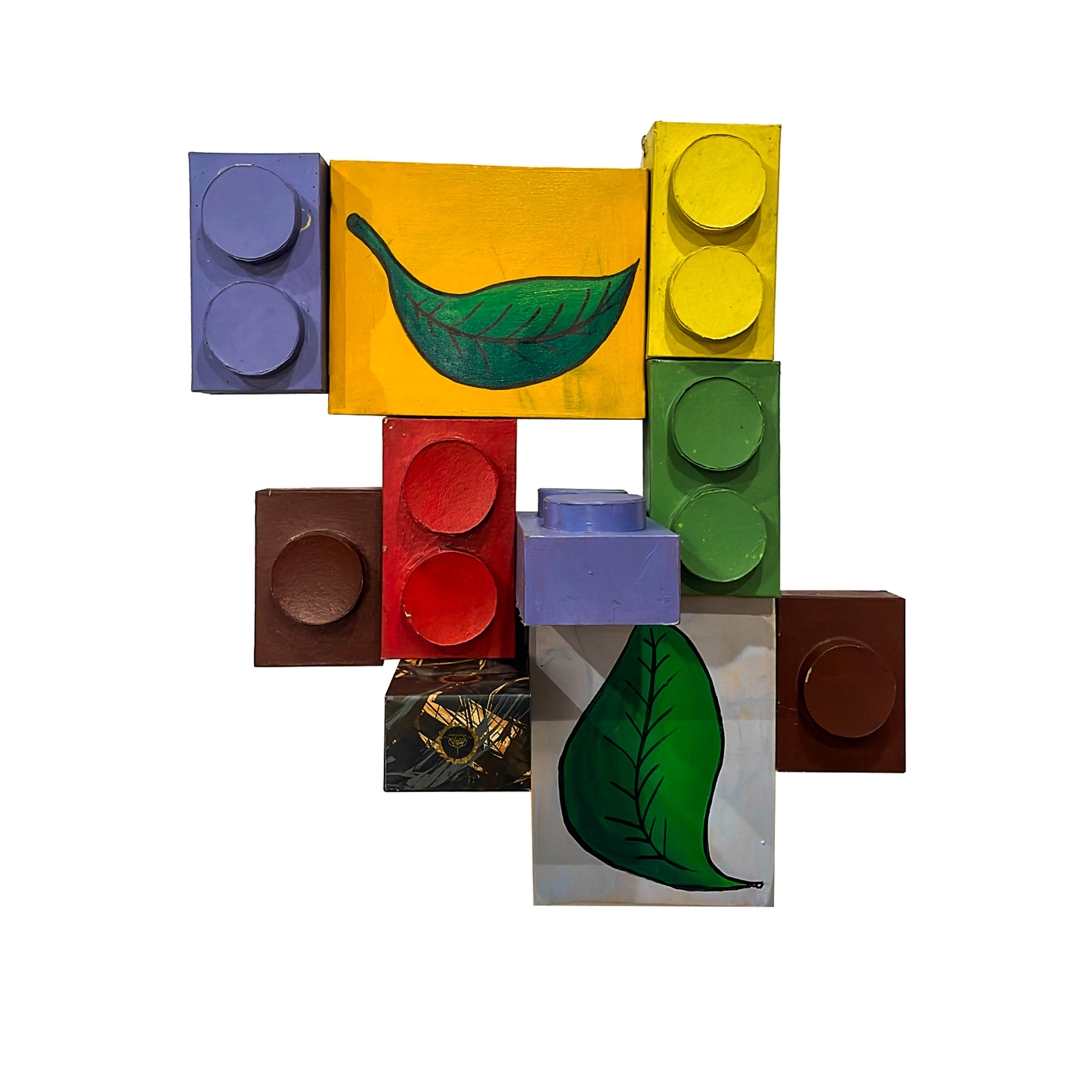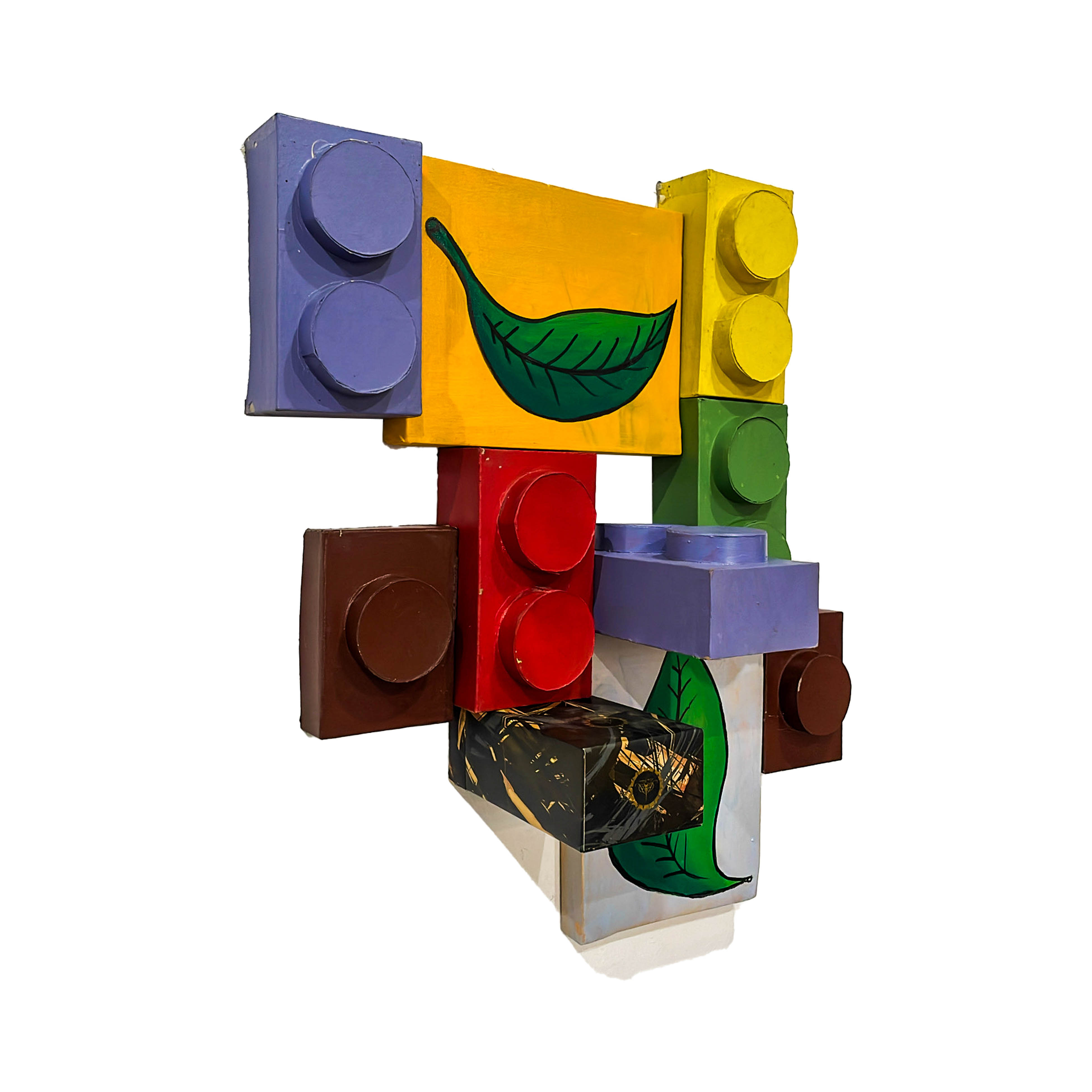Why Lagosians Prioritize Car Garages Over Gardens—And How to Bring Back the Home Food Bank
Lagos, Nigeria, is a bustling megacity where space is a luxury and convenience is king. Over the years, home gardens, once an essential feature in traditional Lagos households, have almost disappeared. In their place, concrete parking spaces and garages dominate residential compounds. This shift is largely due to urbanization, security concerns, and changing lifestyles. However, with rising food costs and the need for sustainable living, it’s time to rethink how we can reintegrate gardens into Lagos homes.
Why Car Garages Became More Important Than Gardens in Lagos
- Urbanization and Limited Land Space
Lagos is Nigeria’s economic hub, with a rapidly growing population exceeding 20 million. The demand for housing has led to the subdivision of land into smaller plots, leaving little room for gardens. Many homeowners and developers prioritize maximizing living space, often paving over any available land to make way for parking.
- The Rise of Car Ownership
With Lagos’ notorious traffic and unreliable public transportation, owning a car is often a necessity rather than a luxury. Many households have multiple vehicles, requiring dedicated parking spots. In high-density areas, street parking is unsafe and impractical, making garages or paved driveways a priority.
- Security Concerns
Crime rates in Lagos make security a top priority. Many homeowners build high fences, install gates, and pave their entire compounds to prevent trespassing and theft. Open gardens, especially in front yards, are often seen as security risks, as they can provide hiding spots for intruders.
- Changing Lifestyles and Convenience
Decades ago, Lagosians relied on backyard farms for food, growing vegetables like ugu (fluted pumpkin), ewedu (jute leaves), and pepper. Today, the fast-paced urban lifestyle has made gardening seem like a time-consuming task. Supermarkets and local markets (like Mile 12 and Oyingbo) offer easy access to fresh produce, reducing the perceived need for home gardens.
- Water Scarcity and Flooding Issues
Lagos faces dual environmental challenges: water shortages in some areas and flooding in others. Maintaining a garden requires a reliable water source, but many households struggle with inconsistent water supply. On the flip side, excessive rainfall and poor drainage make paved compounds more appealing, as they help prevent flooding and mud-related inconveniences.
How to Reintegrate Gardens into Lagos Homes
- Promote Small-Space Gardening
Even in tightly packed Lagos homes, vertical gardens, container planting, and hydroponics can help residents grow food in limited spaces. Balconies, rooftops, and even window sills can support crops like peppers, tomatoes, and herbs.
- Integrate Gardens into Home Designs
Architects and real estate developers should incorporate green spaces into residential designs. Features like rooftop gardens, courtyard vegetable patches, and shared community gardens can help Lagosians embrace gardening without sacrificing space.
- Establish Community and Estate Gardens
Many Lagosians live in gated estates and apartment complexes. These communities can allocate small plots for collective gardening, allowing residents to grow vegetables while fostering a sense of community.
- Leverage Water-Efficient Farming Techniques
Techniques like rainwater harvesting, drip irrigation, and the use of compost can make gardening more sustainable, even in water-scarce areas. This is especially useful for areas like Surulere and Mushin, where water supply can be inconsistent.
- Government and Policy Support
The Lagos State Government can encourage urban farming by offering incentives for home gardens, such as tax breaks or grants. Existing agricultural initiatives, like the Lagos Urban Farming Project, should be expanded to support residential gardening efforts.
- Revive Cultural Appreciation for Homegrown Food
Traditional farming and gardening practices have deep roots in Yoruba culture. Reintroducing these methods through schools, media, and community workshops can encourage Lagosians to view home gardening as both a necessity and a cultural heritage.
Conclusion
Lagos’ rapid development has pushed home gardens to the sidelines, but with rising food prices and environmental concerns, it’s time to bring them back. By embracing innovative gardening techniques, supporting urban agriculture policies, and making better use of small spaces, Lagosians can reintegrate food gardens into their homes. A well-balanced city is not just about infrastructure—it’s about sustainability, self-sufficiency, and a return to the food security our ancestors once enjoyed.





Home gardening is a great way to grow what you eat. It should be encouraged! Thanks for creating the awareness of its importance. I support, Home Food Banks for better life and living.
Thank you for sharing your thought!